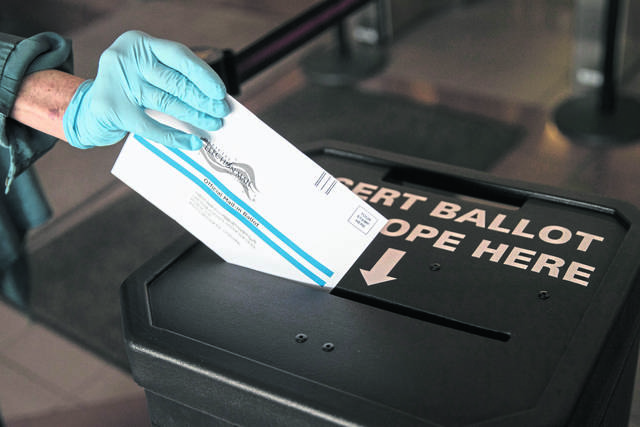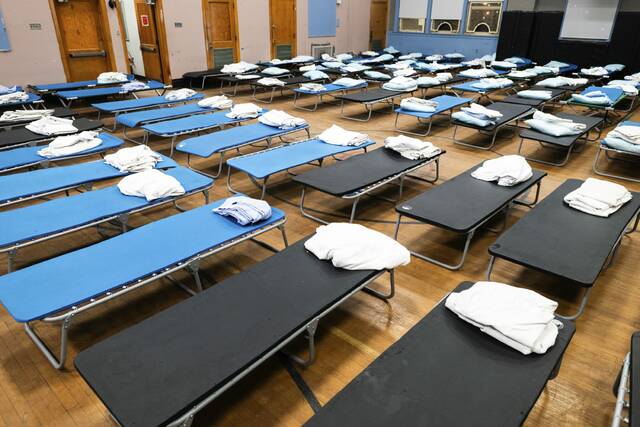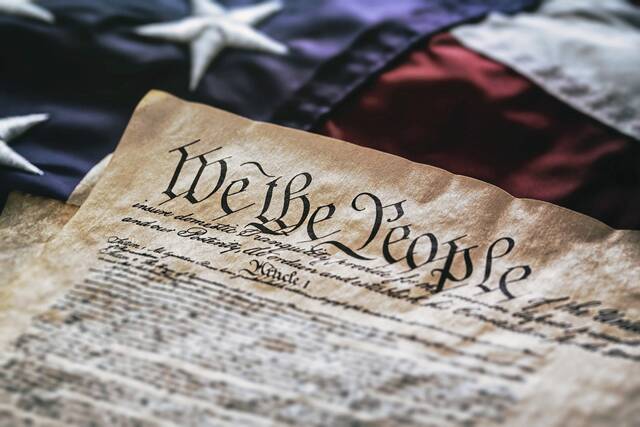It’s time to get down to business.
In two months, Pennsylvanians will cast their votes for who they want to be mayor and state representative, attorney general and congressman and the top office of all, president of the United States.
It may seem like it’s been sneaking up on us, but it hasn’t. Nov. 3 has been sitting there, waiting for what might be the most consequential election in our history — as well as perhaps the one with the most hurdles.
Americans have gone to the polls before in pandemics. They have cast their ballots during recessions and depressions and amid widespread unemployment. They have done it during civil unrest.
But all at the same time? That’s a lot to overcome.
So why is Harrisburg once again arm-wrestling over how to get something done, this time with just weeks before the deadline?
Democratic Gov. Tom Wolf and the Republican Legislature are butting heads over updating state law in preparation for an election expected to have an historic mail-in participation.
Numbers — and complications — already were high in the primary, which ping-ponged from its normal May date to an earlier April because of the presidential presence and then back to June because of the coronavirus pandemic. Concerns about the disease prompted a push for absentee voting in Pennsylvania as in other states.
But according to NPR, there were a lot of discarded ballots from that process — 558,032 of them nationwide. Pennsylvania had 37,119 of those rejected, about 6.7% of the whole country. Only California, New York and Washington state had more tossed.
Pennsylvanians’ votes always seem like afterthoughts in the primary, but they are critical in November. On Election Night, the Keystone State likely will be one of a handful to be a crucial weight in tipping the balance of the presidential outcome.
In 2016, it was a difference of less than 45,000 votes that gave Pennsylvania’s 20 electors to Donald Trump and, along with other key swing states such as Ohio and Wisconsin, assured victory.
What would have happened if those votes weren’t counted? Forget about the partisan answer to that question — either outrage from Trump supporters or crowing from the Clinton camp. Regardless of party, not counting those ballots stifles the voices of thousands of people.
Which is why the governor and the lawmakers need to get to work. Wolf wants to allow 21 days to process early-received ballots leading up to the election. The GOP wants three days.
The issue is not where that ends up. No matter what middle ground might be found in between, the important thing is to make a decision and start the wheels in motion so that when Pennsylvanians start receiving their ballots and sending them back, counties know what they are doing.
Early voting starts with this decision. Wolf and the Legislature should set a good example and get it done quickly, thoughtfully and with an appreciation for people over party.








